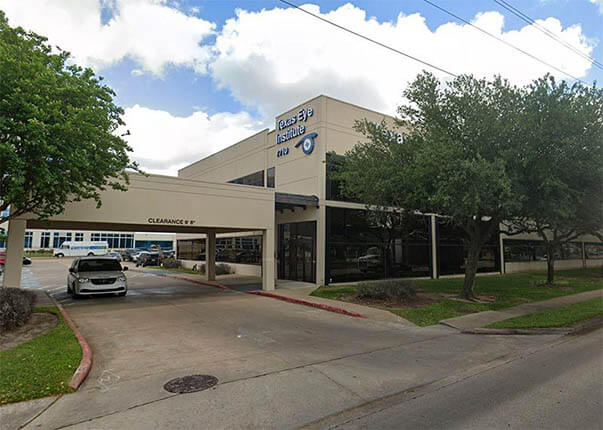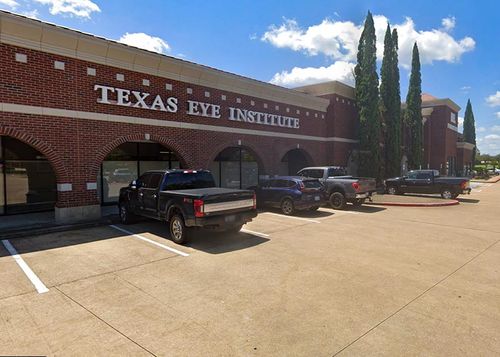Macular Degenration is regarded as a very serious disease at Texas Eye Institute. Many people are not aware that age-related macular degeneration, often called ARMD, is the leading cause of blindness in the world. If vision is lost, it might never be regained. According to the eye-health organization, Prevent Blindness America, some 13 million Americans have evidence of ARMD.

The disease attacks and breaks down the macula, the light-sensitive part of the retina responsible for the sharp, direct vision needed to read or drive. This damages the retina and the part of your vision that is critical for your central vision. Macular degeneration is more common in people over age 60-65 years old, and females get the disease more often than males. Most cases of macular degeneration are related to aging, but it also can occur as a side effect of some drugs, and it appears to run in families. Macular degeneration can produce a slow or sudden painless loss of vision similar to that with the glaucoma eye disease. If straight lines look abstract and vision begins to seem fuzzy, or there are shadowy areas in central vision, it may indicate early signs of age-related macular degeneration. Feel free to consult with the professionals a the Texas Eye Institute regarding this particular eye condition.
Dry AMD is the most common form of macular degeneration (90% of all reported cases).
Wet AMD occurs when abnormal blood vessels start to grow under your retina.
Many people are able to live with this disease. Please consult directly with our practice to see what your treatment options should be. Our Texas eye doctors will diagnose the condition and discuss what your options will be.
Macular Degeneration involves the formation of abnormal blood vessels behind the retina. These blood vessels begin to leak blood and fluid, causing damage to the macula and resulting in vision loss. There are certain drug treatment options available to reduce existing abnormal blood vessels including Lucentis® and Avastin.
Lucentis® Treatment works by preventing the growth of abnormal blood vessels while treating the swelling of the macula. Most likely the vision loss caused by wet Macular Degeneration can’t be fully regained, but Lucentis® works to prevent any further vision loss while in some cases, reversing some vision lost with Macular Degeneration.
Administering Lucentis® is an in office procedure where the pupil must be dilated and the eye is numbed with anesthesia before the Lucentis® is injected into the vitreous (the clear jelly-like fluid that fills the inside of your eye). The injections will need to take place on a regular basis, generally every four weeks, but it is important to speak directly with your Texas Eye Institute retina specialist to determine the exact treatment path for you.
Avastin is also a drug treatment option that works just like Lucentis® to reduce the growth of abnormal blood vessels. Developed by the same company, Avastin is also highly affective and is a cheaper treatment option compared to Lucentis®, however, it has only been approved by the FDA for the treatment of colon and other cancers and not Macular Degeneration.
Avastin is a much cheaper option for the treatment wet macular degeneration, but it has not been approved by the FDA to treat AMD. A Houston retina specialist at Texas Eye Institute will work with you to explain the available treatment options and develop a treatment plan.
Please contact us today to schedule an evaluation and learn more about Macular Degeneration.
Texas Eye Institute is proud to provide five convenient locations for your eye care needs. Visit one of our convenient locations in Angleton, Sugarland, Southwest Houston, Katy, or Southeast Houston to see why the Texas Eye Institute is the best choice to care for your vision. Need LASIK in Houston? What about a comprehensive eye exam in Sugarland? See our locations page to find our practice nearest you!









